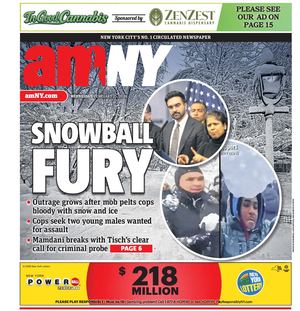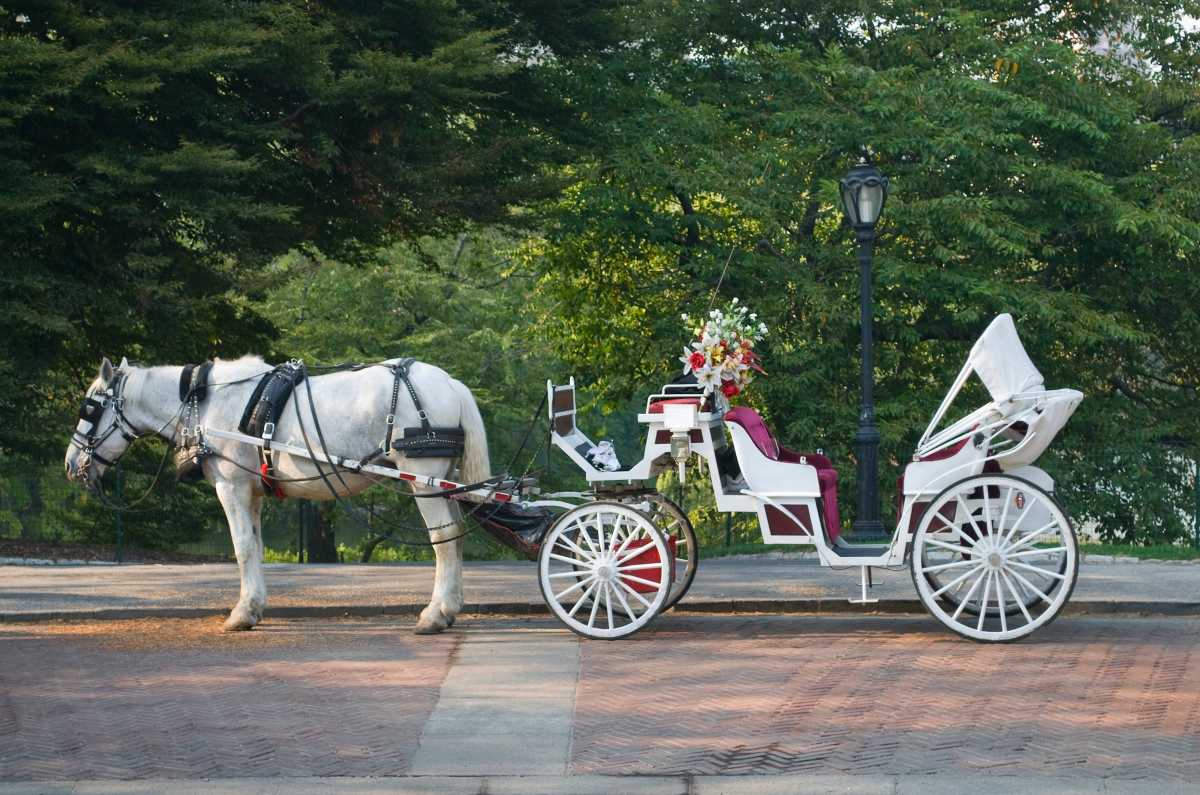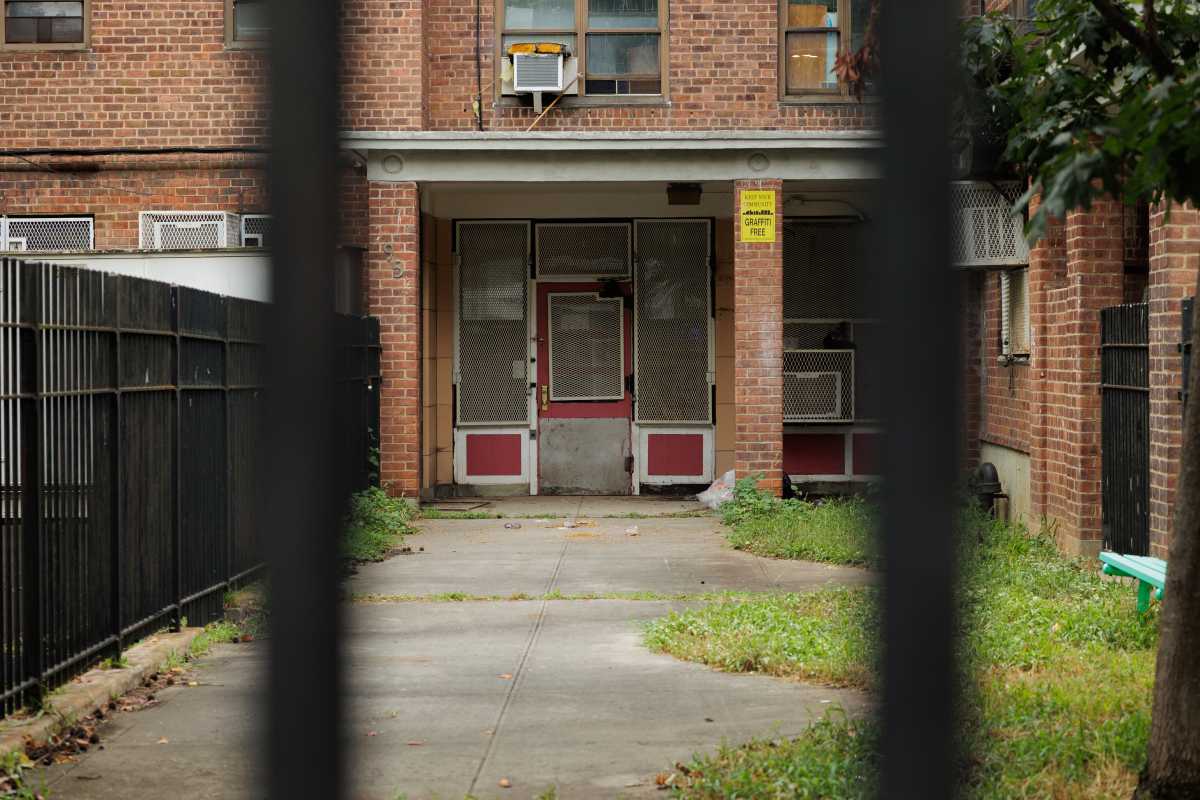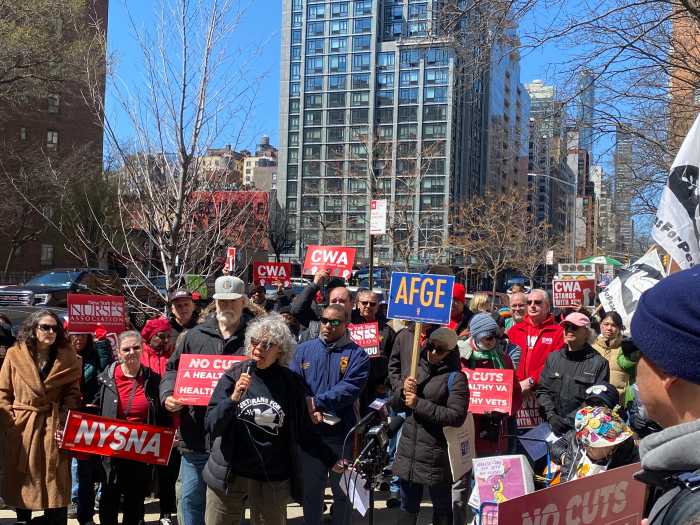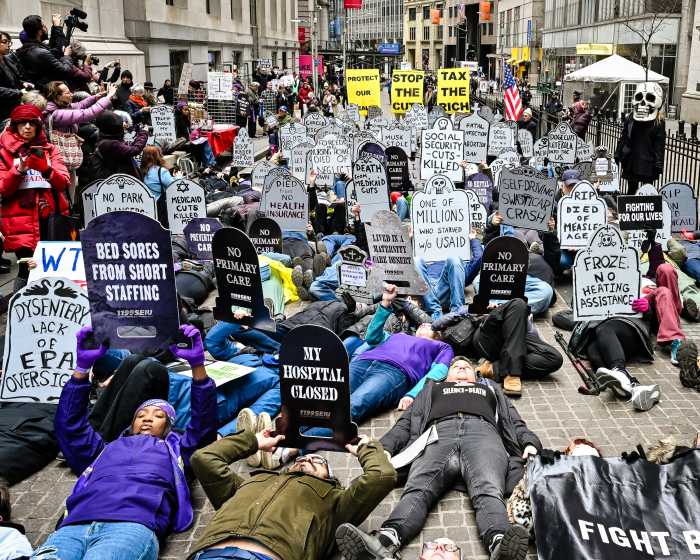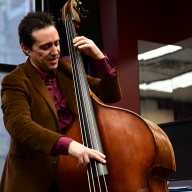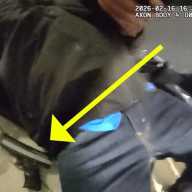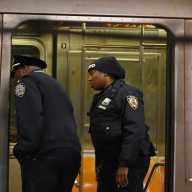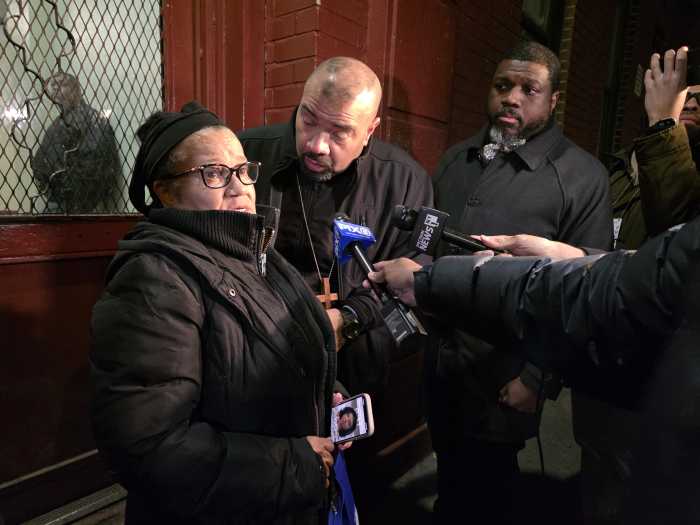Hizzoner says ‘neigh’ to horse-drawn carriages in the city.
Mayor Eric Adams on Wednesday endorsed legislation to ban horse-drawn carriages in New York City. This policy shift follows years of advocacy, public safety concerns, and high-profile animal deaths.
Adams, who also signed an executive order directing agencies to prepare for the industry’s end, called on the City Council to swiftly pass Ryder’s Law, a bill that has languished for more than a year.
The measure would phase out the horse-drawn carriage industry by halting the issuance of new licenses and banning carriage operations entirely starting June 1, 2026.
It also requires that retired horses be placed in humane settings, barring their sale for slaughter or to other carriage businesses. In addition, the bill directs the Department of Consumer and Worker Protection to create a workforce development program to help drivers and other employees transition into new jobs.
Executive Order 56 directs city agencies to prepare for the industry’s end, increase oversight and enforcement, create a process for drivers to voluntarily return their licenses, and identify new employment opportunities for workers.
“While horse-drawn carriages have long been an iconic fixture of Central Park, they are increasingly incompatible with the conditions of a modern, heavily-used urban green space,” Adams said in a statement.
“It’s not about eliminating this tradition,” Adams said. “It’s about honoring our traditions in a way that aligns with who we are today.”
Adams emphasized that his administration will work with drivers as the city transitions away from horse carriages. “We will not abandon the drivers themselves, who are honest, hard-working New Yorkers,” he said, noting that the city is considering new programs for electric carriages.
‘Opportunistic and not helpful’
Calls to end the industry have intensified in recent years after a string of high-profile incidents involving carriage horses. In Aug. 2022, a horse named Ryder collapsed in Hell’s Kitchen during a heatwave, sparking outrage from animal advocates. Ryder later died of cancer that October.
Animal rights activists and politicians, including City Council Member Robert Holden, have led the charge to pass the horse’s namesake law since Ryder’s death.
Last month, another horse, Lady, collapsed and died from an aortic rupture near Times Square.
Other incidents this year have raised additional safety concerns, including runaway horses bolting through Central Park.

Last month, the Central Park Conservancy, for the first time, took sides in the off-again, on-again, years-long controversy between carriage drivers and animal rights supporters by calling on city officials to end horse-drawn carriages in the park.
An ‘absolute disgrace,’ union says
Transport Workers Union Local 100, which represents about 200 carriage riders in the city, has long called the proposed ban “outrageous” and a move that would be a “devastating blow” to its members.
TWU Local 100 President John V. Chiarello said Mayor Adams’ backing of the ban was an “absolute disgrace” and a betrayal of working-class New Yorkers.
“It’s disappointing to see Adams, who is polling dead last in the mayor’s race, now abandon hardworking people who make their living taking part in an age-old New York tradition,” Chiarello said.
A spokesperson for the NYC Council said Ryder’s Law is continuing through the legislative process, criticizing Mayor Adams for using the issue for political gain.
“The Council appreciates that this is a difficult and emotional issue for many New Yorkers, which has persisted for decades. Mayor Adams politically using it for his reelection campaign is opportunistic and not helpful,” the spokesperson said.
“Mayor Adams and Randy Mastro have no credibility in the legislative process after the Council was forced to override their vetoes of grocery delivery worker and street vendor bills that their administration had supported,” they added.
Mastro: City Hall ‘meeting the moment’ on industry
Responding to criticism that the mayor’s timing is politically motivated, First Deputy Mayor Randy Mastro described such claims as “emotional” and said Mayor Adams is merely “meeting the moment” following the series of horrific incidents involving horse-drawn carriages.
“A consensus is developing that there’s a need to act now and to phase out this industry,” Mastro told amNewYork. “So this legislation has been pending for a year or more in the city council. It has 21 co-signers, which means it’s very close to passage, and the mayor hopes that the council will also meet the moment.”
The First Deputy Mayor said that TWU 100’s comments in response to Adams’ announcement used “rhetoric that’s totally uncalled for,” especially since his executive order directs city agencies to “find new jobs for these workers” and to “recognize and compensate those who voluntarily return their licenses.”
Mastro urged council leadership to expedite hearings and a vote, saying the legislation is necessary to legally end the carriage business and ensure a structured transition, saying they have a “moral imperative” to do so.
On the possibility of new roles for current carriage drivers, the First Deputy Mayor suggested that potential opportunities could include roles in a prospective electric carriage industry, city government driving positions, and other jobs involving horses.
“We’re going to respect the workers in this industry. We’re going to respect the licensees in this industry, and we’re going to respect these animals and do right by all of them,” he said.
Amid the criticism, Adams found an unexpected ally in fellow mayoral candidate Curtis Sliwa, the Guardian Angels founder and longtime animal rights advocate.
The Republican nominee praised the mayor’s support for Ryder’s Law, calling the horse-drawn carriage industry “cruel and barbaric.”
“Today, for once, I agree with the mayor,” Sliwa said.
